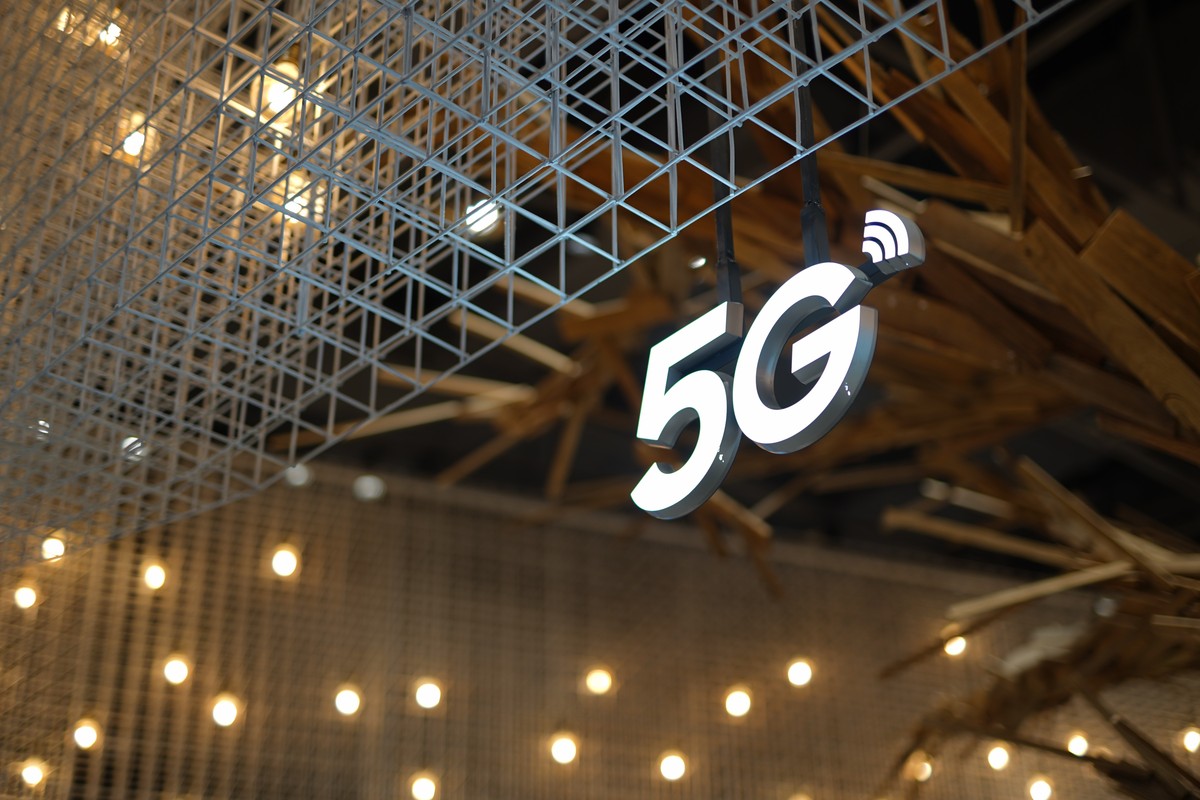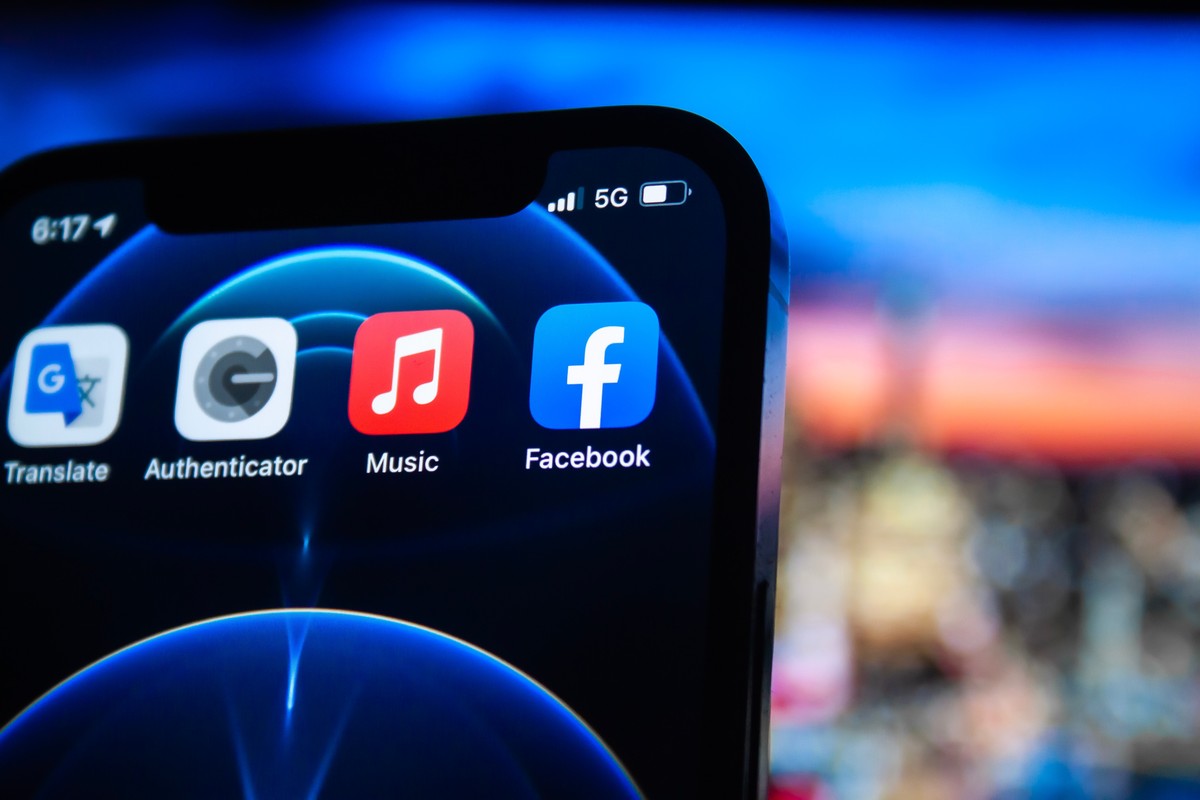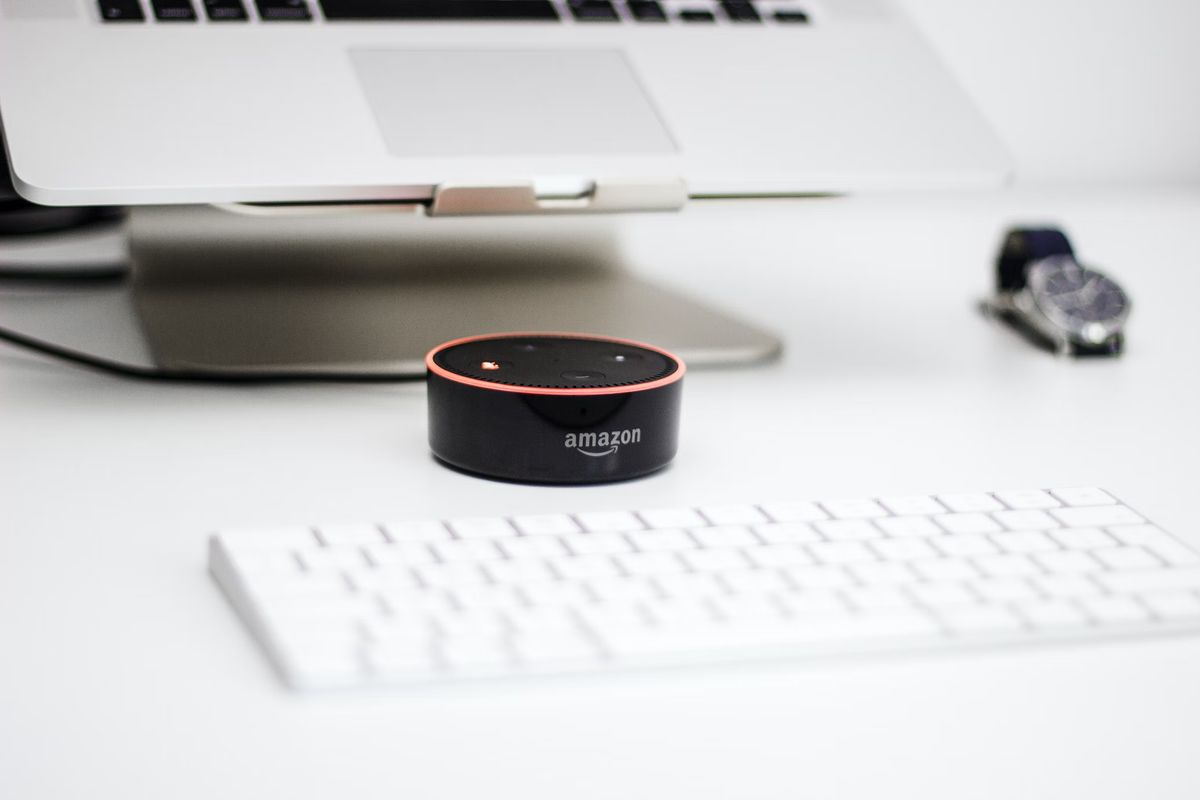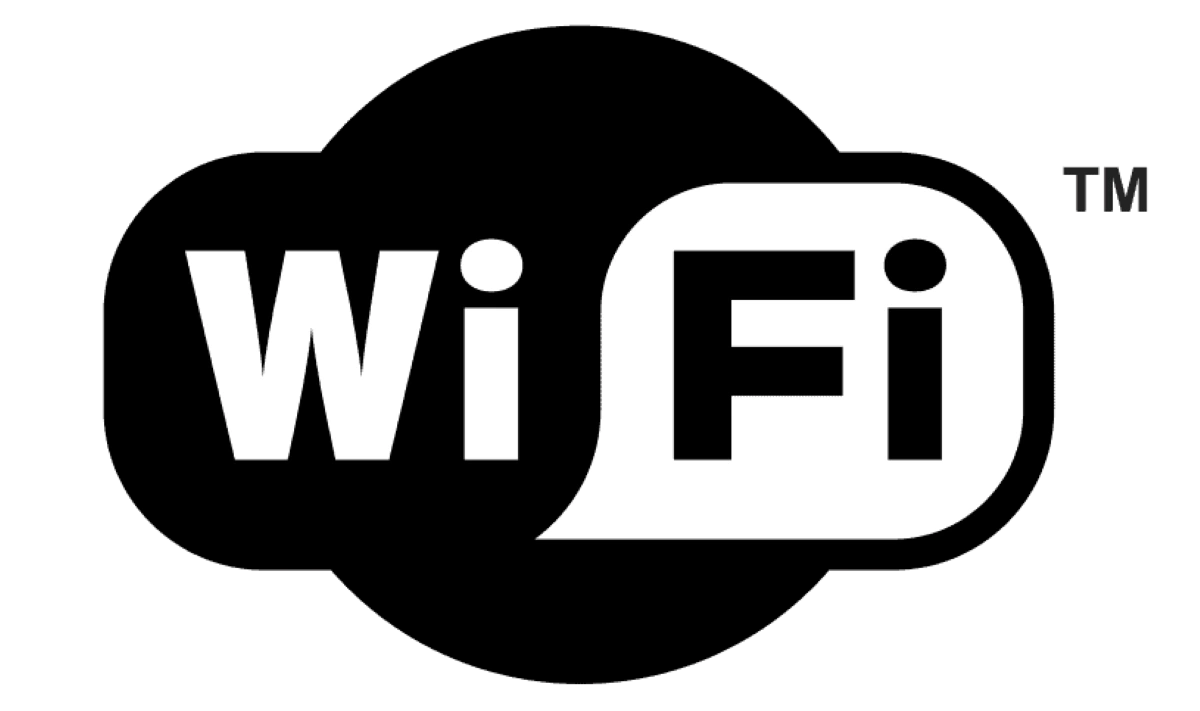What will 5G technology bring to our lives?

5G technology is set to transform the world of connected devices in ways that go far beyond what we think of today as cell phones. While conspiracy theories about 5G and Covid-19 have been debunked, many people still don't fully appreciate the potential of this technology.
5G technology is important because it has the potential to transform practically every industry and revolutionize the way machines interact and function. This newest generation of telecom networks offers significant advantages over its predecessors, including ultra-fast response times and ultra-reliable low-latency communication (URLLC).
5G technology improves connection speed and enhances cellular capabilities, providing up to 10 to 50 times faster speeds than previous generations of cellular networks. However, the real promise of 5G lies in its ability to support innovative applications, such as autonomous vehicles that can interact with the road and other vehicles, and manufacturing facilities maintained by hundreds of connected robots.

In addition to the manufacturing and automotive industries, other sectors such as healthcare, entertainment, and education stand to benefit from 5G technology. With its low-latency communication and high data transfer speeds, 5G can enable remote surgeries, virtual reality entertainment, and personalized education, among other things.
Moreover, 5G is poised to transform real-time location services (RTLS), allowing for improved accuracy and lower infrastructure costs. The technology also offers significant potential for cloud robotics, enabling sophisticated robots to adapt in real-time and interact with systems intelligence in the cloud. You may expect the 5G technology to show its influence on American jobs in the near future.
How is 5G different from 4G?
5G technology is the newest generation of telecom networks and is significantly different from its predecessor, 4G. While 4G focused mainly on enhancing cellular capabilities such as providing improved broadband power, boosting mobile capacity, and data rates, 5G goes beyond this and is set to revolutionize the world of connected things.
The key advantage of 5G technology is its ultra-fast response time, or latency, which is up to 250 times faster than humans. This low-latency communication (URLLC) is what really sets 5G apart from previous cellular generations. It enables innovative applications, such as autonomous vehicles that can interact with the road and other vehicles, and manufacturing facilities maintained by hundreds of connected robots.
Another significant difference between 4G and 5G is the infrastructure required to support it. 5G requires a complete overhaul of existing base stations, as well as the construction of smaller and cooler towers and the laying of networks of fiber optic cables that connect them. While this poses challenges, the potential for 5G-powered innovation to transform our world far outweighs its obstacles.
Advertisement
















5G – “…250 times faster than humans.” – thats all???
You need a 5G capable device to use it which I don’t have. Also, the person you’re talking to also needs to have the same device otherwise the app you’re using will slow the connection down to the 4G. All my friends only have 4G devices at the moment.
Yes, 5G is faster, but it’s also more expensive and 4G costs me enough much already.
5G is just faster 4G. It’s better, but not revolutionary.
5G spreads COVID-69. xD
And when you get COVID, Bill Gates will implant a chip into your brain.
6G implants COVID-missionary.